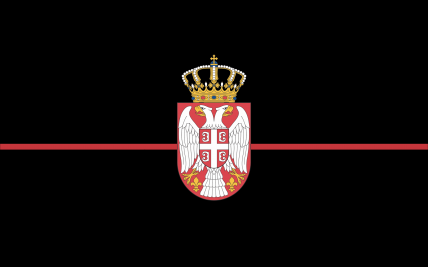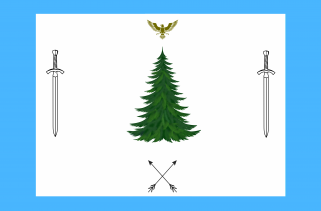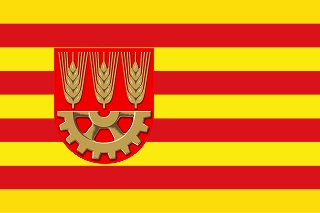The World Assembly,
Aware of the importance of canals acting as shortcuts on important trade routes,
Seeking to prevent congestion of traffic through such canals while also making transit through these canals safe,
Wishing to encourage nations in charge of such canals to continue allowing their use for international trade and to consider improvements on their infrastructure if necessary,
Hereby,
1. For the purposes of this resolution, defines:
- a "canal" as an artificial waterway built along important shipping routes to allow for the transit of commercial vessels, and creating a shortcut between two large bodies of water, or a large body of water and an international port,
- "canal authorities" as personnel authorized to allow or deny the transit of ships through the canal, whether on-site or remotely,
- a "ship" as a commercial civilian vessel transporting trade goods or passengers;
2. Requires that all canals:
- be monitored by the canal authorities assigned to them at all times,
- have on-call pilots and tugboats to assist ships to pass through the canal safely,
- have their infrastructure inspected regularly and upgraded when necessary,
- have the necessary emergency services available in case of an accident, and
- be equipped with weather monitoring with communication capability to warn ships of adverse weather conditions;
3. Also requires that canal authorities:
- do not deny the transit of a ship through the canal based on any reason not to do with canal operation requirements, safety, national security, or unless otherwise required by another General Assembly resolution,
- remain aware of how many vessels and of which size are within the boundaries of the canal at any one time,
- do not allow more ships to begin the transit through the canal than is safe,
- keep in contact with all ships within their area of control, and
- react to changing conditions and emerging hazards by quickly alerting the ships in transit and those waiting to enter the canal;
4. Mandates that the crews of all ships wishing to pass through the canal:
- are able to abide by maritime laws and local regulations,
- are able to understand and follow the instructions of canal authorities,
- have made sure that their ship is capable of traveling through the canal in its current condition and the current weather conditions,
- facilitate any possible border control and customs inspections to take place on their ship prior to entering a canal,
- have competent personnel in control of the ship, at all times when within the canal,
- request help from canal authorities to enable safe transit, when necessary,
- take necessary measures to minimize the spread of invasive species,
- stay aware of traffic around them and inform canal authorities of any accidents they witness or of any hazards they encounter that they were not already made aware of, and
- have personal safety equipment for all members of the crew and in the case of passenger ships for all passengers as well;
5. Requires shipping companies to provide appropriate compensation to canal authorities if their ships:
- due to error or deliberate action of their crews,
- damage the canal's infrastructure,
- endanger or damage other ships within the canal,
- hold up traffic unnecessarily,
- or their crews fail any of the duties in clause 4;
6. Additionally clarifies that though this resolution does not further legislate on them,
- any possible fees for the use of canals count as canal operation requirements, and
- unless restricted from doing so by another General Assembly resolution, nations are free to conduct border control checks of cargo, crew and passengers prior to letting a ship enter a canal.
Co-authored by Araraukar
Draft XVI











